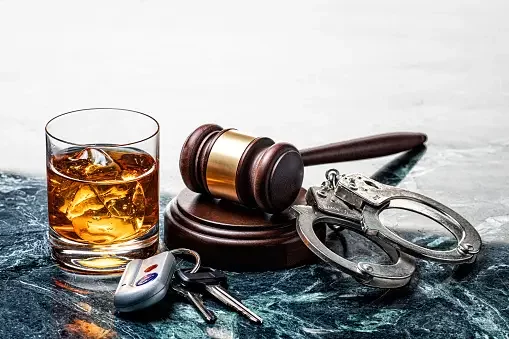Understanding Impaired Driving Laws in Texas
In Texas, impaired driving laws are stringent and encompass a variety of substances, including alcohol, prescription medications, and illegal drugs. The legal blood alcohol concentration (BAC) limit is set at 0.08% for adults, and exceeding this limit can lead to severe penalties, including fines, license suspension, and even jail time.
Additionally, Texas has specific laws regarding zero tolerance for drivers under 21, meaning any detectable alcohol can result in penalties. Understanding these laws is crucial for anyone facing DUI charges, as they directly influence the legal strategies available for defense and the potential consequences of a conviction.
Common Defenses Against DUI Charges
When facing DUI charges, several defenses can be employed to challenge the prosecution's case. Common defenses include questioning the legality of the traffic stop, challenging the accuracy of field sobriety tests, and disputing the reliability of breathalyzer results. Each of these defenses can potentially lead to a reduction or dismissal of charges.
For instance, if law enforcement did not have probable cause to initiate a traffic stop, any evidence obtained during the stop may be deemed inadmissible in court. Similarly, if an individual can demonstrate that the breathalyzer was improperly calibrated or administered, it can significantly weaken the prosecution's case.
The Impact of DUI Convictions on Your Life
A DUI conviction can have far-reaching consequences beyond legal penalties. Individuals may face increased insurance rates, difficulties in employment, and social stigma. These repercussions can affect personal relationships and professional opportunities, making it essential to understand the full scope of what a DUI charge entails.
Moreover, a DUI conviction can result in a permanent criminal record, which can hinder future endeavors such as applying for loans or housing. Awareness of these potential impacts reinforces the importance of seeking experienced legal representation to navigate the complexities of DUI cases effectively.
Steps to Take After a DUI Arrest
If you find yourself arrested for DUI, it is crucial to take immediate and informed actions. First, contacting a qualified DUI attorney should be a priority, as they can provide guidance on the next steps and help protect your rights throughout the legal process.
Additionally, it’s essential to remain calm and cooperative with law enforcement while avoiding self-incrimination. Collecting any evidence that may support your case, such as witness statements or video footage, can also be beneficial in building a strong defense against the charges.




